First line nerves. I wrote a whole post about that, years ago. This is the 400th post since I started the cobweb. Just do it.. Come on brain…out of lockdown. Start somewhere. Start with a bird.
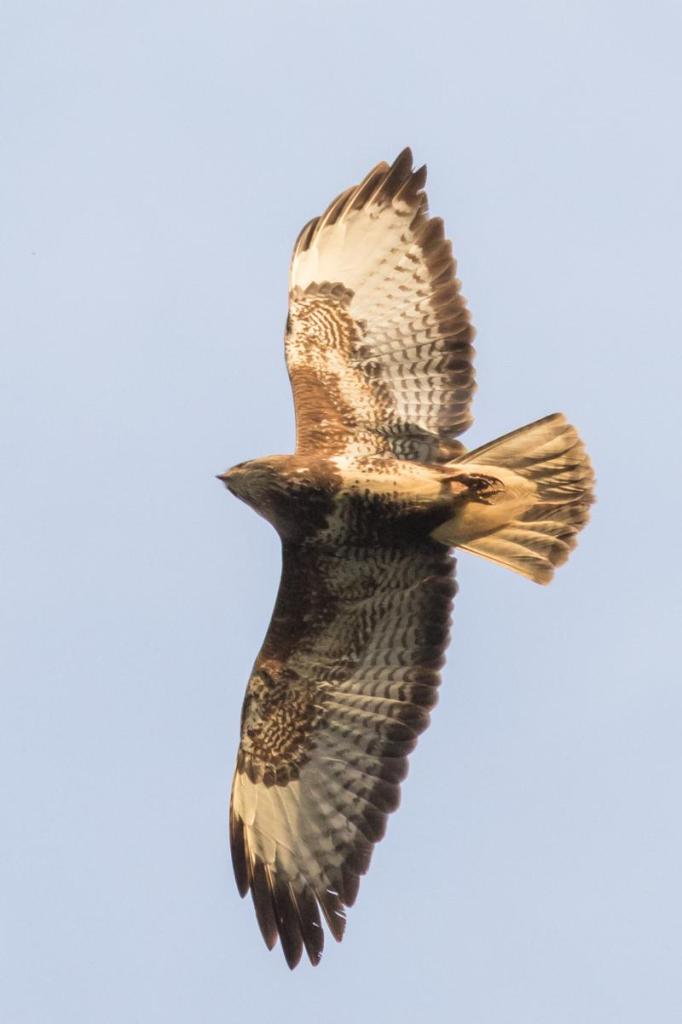
“ The underside of a buzzard above
me again. This one, a curl of chocoalte
dark etching the afternoon, porridge-meal
stomach aaginst a lid of bleachy silver,
cloudless, cold”
Promises to keep. I’ve promised myself for months that I’ll write something about Jane Burn, a poet who unfailingly makes me sit up and pay attention, whose writing is full of turns and rhythms and moments that draw me in. For five and a half months I’ve been ‘shielded’, which is a euphemism for ‘under house arrest’. And I’ve been distracting myself with projects like ‘When all this is over’ and an abortive project which attracted precisely zero responses to an invitation to illustrate stories by my friend and collaborator, Andy Blackford.
But inventive or analytic thinking has been beyond me quite. Concentrated, reflective reading, too. I decided I should systematically read the whole of Auden’s Collected Poems and see what I could learn…about technique, for instance. That lasted about a week, rather than the planned year. It’s hard to concentrate, especially when you’re distracted by frustrated rage at a country seized by the sleep of reason, and at the dreadful schism in the British nation.
Seeking for hook to hang the post on I went back, as I often do, to Tony Harrison. The school of eloquence, especially, and the extended sequence of sonnets that grew from it in Continuous. The theme that runs through them all, in one way or another is articulacy , the making of language and meaning which is ‘the tongue-tied’s fighting’.
‘The tongueless man gets his land took’; the working man is silenced by ‘the branks of condescension’, or even more brutally, by the local gentry who lower a convict down a bottomless pit to see how deep it was, and winch him back; flayed, grey, mad, dumb’.
In Them and Uz he took a long, slow-burning revenge on Mr Jones, the Grammar School English teacher who derided Harrison’s south Leeds accent. Mr Jones was one of those (and their name is Legion) who didn’t understand the difference between articulation (as in Received Pronunciation) and articulacy. And for a time, as Harrison wrote ‘that shut my trap’. But not for too long. One wish, at least was granted.
Words and wordlessness. Between the two
the gauge went almost ga-ga. No R.I.,
no polysyllables could see me through,
come glossolalia, dulciloquy.
[Wordlists]
Sweetness of sound and glossolalia : speaking in tongues, languages of en-chantment. The fire of Pentecost :
cloven tongues like as of fire, and it sat upon each of them.
And they were all filled with the Holy Ghost,
and began to speak with other tongues
Pentecost has always excited me as an image or an idea, the notion that we can go beyond the language we are assigned to talk across boundaries. There are poets who use language in ways that I think of as Pentecostal. Jane Burn is one of them. Exuberant, unguarded, dangerously vulnerable and full of joy. Distinctly unfashionable that sort of thing. Which is why I wanted her as a guest.
.
So, what about the buzzard we started with? The lines are from Perlemorskyer, the final poem in Jane’s 2016 Indigo Dreams pamphlet Nothing more to it than bubbles. The bird lands ‘a hieroglyph on a fencepost’, its mate stays hovering in the spindrift falling on a tight-bunched herd of heiffers. Caught in a dream of flight the poet wants to ask the birds
Did you go where the sky is painted like pearls?
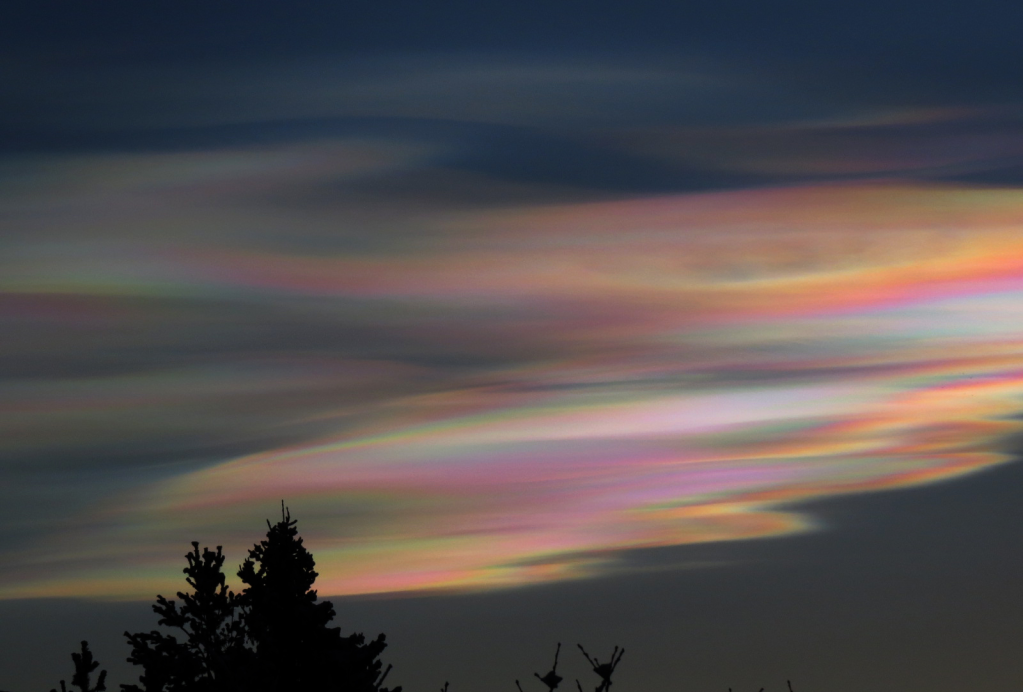
Perlemorskyer. The polar stratospheric clouds of the Arctic which have been seen as far south as Whitby. Which is , like Jane, in and (now) of the North East. I like the sense of connections being made between words and images and moments, and the electric crackle of it. I like the fearless, and occasionally eccentric way Jane will plunder the wordhoard. Here’s a sample to go along with perlemorskyer
luciferin, cabriole, ossicles, cilia, shucking-knives, oospore, petiole, byssus, gloam, orbicular, daal mist, hordeolum
(While I was typing this I found myself reorganising the list so I could chant it. It’s not quite there, yet)
I like the way her poetry is crammed with the moments at draw you in, that memorise themselves, the prodigality of phrases like canker-cups, or fingers that become five baby eels emerging from their cavern of cuff or the woman who walked the skim of jigsaw floe. I like her fascination with shape-shifting in fire and water and the confusions of identity. And I like the voice. It’s the tune I hear, first. The words come after; it’s the rhythm, the space of vowels, the textures of consonants. It’s the authentic accent, the distinctive voice, which like Christy Ducker’s has the rising inflexions, the dance of dialect, its crisp consonants. Jane Burn is not from the North East originally, but it’s claimed her voice in a way that it claimed mine.
So I’m going to stick my neck out again and say it’s the stuff that takes you by surprise, that’s exciting but something you don’t understand, something you want to understand…that’s what you wait for, or go hunting for. Like this poem.
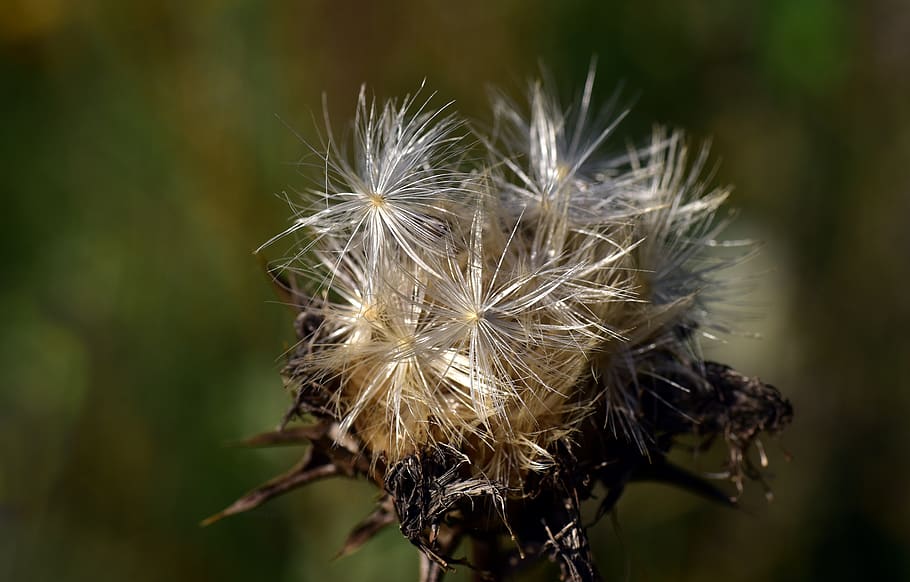
Thistlecrack
.
Telephones are malevolent. Cradle-bones biding
until you have felt the evening’s quietness spread
above the room and you, uneasy, try to settle below it.
.
Then, it will rack the air with shrill – you leap
from the chair, stub a toe in your hurry to answer. It slips,
soapy from your hands. This is how the complexities
.
of twilight pass. Dusk is easy to close the curtains against –
night comes like the healing of a wound. You close your door
upon it, shove the key down the throat of the lock, spin it dead.
.
Dawns keep coming – it has been your habit to rise to them.
Mornings you squat on the step, watching sun fledge
through the wall’s topping of broken glass, edges tinkered
.
with glim. You know how jagged this place is. How it makes you
afraid. Policemen knock in a way peculiar to them –
their knuckles on wood say something’s wrong and your heart
.
goes all clatterbash in your chest. Tonight, they are door-to-door
after someone called about screams on nearby scrub. You say,
it’s vixens make a noise like that but even as they go, slicing
.
the wasteland with knives of light, coining a fox’s eyes with beams,
you lie in bed, headful of murder grasses and think how a pair
of arms would be a comfort. You live where you can afford to live –
.
most days, you just get on with it and dream of fields. Exist in
little things – see how fingers of spruce grasp invisible wind, how,
in a thistlecrack, petals feather from spiny bulbs, turn to down.
.
Step to avoid torched bins. When you live somewhere rough,
you can choose to hold sun in your eyes. Search out the trees.
Discover the best and worst of places look beautiful under snow.
.
[First published in Crannog ]
.
It was the sound of consonants I heard before the meaning. All the hard k sounds that create that sense of anxiety and threat that go along with the knock on the door, the police torchbeams slicing the wasteland night, beyong the wall topped with broken glass. I love the way the shift from thistlecrack to feather and down is managed. And then the muffling release of snowfall; everything, the best and the worst, smoothed and white.
.
Time to introduce Jane, if you don’t already know her. And also to identify the link I felt with Tony Harrison, and his experience of schooling:
“I didn’t really have a voice until I really began, about eight years ago, to properly write. Before that, I was just a mish-mash of copycatting, of parroting other people’s behaviours, of doing whatever it seemed necessary to do in order to fit in. I was not really a success with friendships or relationships. I don’t need to go into all of that. I have always loved reading, writing, art and craft but I never quite managed to hit my stride, or fathom what it was I really wanted to do. I hadn’t really matured at all. I had no idea who I actually was or what I really wanted. I felt useless. I felt like one giant waste.
My forties have been about really beginning to learn who I really am. It was about courage too – and like I said in a previous interview earlier this year with Fran Lock, in not fitting anywhere, I have sort of fitted everywhere, if that makes a grain of sense. I can’t claim any great creative writing academic credentials, though I keep on treasuring the hope that at some point finances will magically allow me to go and get some.
I struggled at school – I was always tried to be a conscientious pupil and I worked as hard as I could but always at the wrong things, like making a beautiful job of colouring the blue sea in round a map for geography, producing intricate diagrams in physics but ending up with no idea what capital city belonged where, or which equation would give you what mass. In fact, my well-meaning, kind physics teacher would give me extra lessons after school. He once said to me (in frustration), “I don’t understand how someone can try so hard and learn so little.” That really seemed to set the tone for my life. Maths was a nightmare. I just used to sit and cry. So often, my mind would simply go blank and wander away and I would have missed whole lessons.
My mental health has been repeatedly misdiagnosed but at long last, I know who I am. I have a long journey ahead of me now – this sounds like such a cliché but it is true nonetheless. I can look forward to the future with a deeper understanding of who I am. I feel the need to look back too, which will be a lot more painful. My autism has always affected my ability to know right from wrong, to know how to say no. It has made me too easy to abuse. It must be responsible for the disintegration of family relationships which led to my family’s complete rejection of me. This is not an easy thing to face but at least some of the endless wondering ‘why’ can be offered a sort of explanation. This is oversimplifying I know.
I began to write. I am lucky (unlucky?) to have no filters. I write about whatever is in my head, my heart, my soul and none of these are easy, settled places. I write about the difficulties, the challenges of life. I write about love and sexuality, my body, my bones. It is only in poems that I am free – that I feel articulate. (my italics)
It is only in my poems that I don’t feel as thick as that girl did, all those years ago. I am an obsessive researcher. I am an obsessive writer. I write every day. Day and night. My brain does not switch off. For some reason, poetry opens a gateway for me and it is there I tell all my ugly and beautiful truths. Poetry is where I am free.
I guess my first ‘big break’ in poetry came in 2014, I think it was. I was at a local poetry event called Poetry Jam in Durham and one of the guests was Degna Stone. She mentioned at the end of her set that she was editing a magazine and looking for submissions. I was so clueless at that time with regard to poetry magazines that I had no idea what a lovely magazine it actually was. I asked her for the details and sent three poems. I was stunned when one was accepted – the poem was Froghopper and the magazine was Butcher’s Dog. It was such a big thing to happen to someone who saw herself as a complete nobody and the poem was even nominated by them for The Forward Prize. I think that it has taken magazines a while to get used to the way I write – I know my poems are often not the easiest to read. They have been described as ‘bricks through a window’, ‘scattergun’, ‘stressful’ and ‘difficult to place’. I never gave up, though sometimes I felt like I wanted to. Some magazines have been so supportive though – like The Rialto. They have been brilliant and I am awaiting the latest issue, which will see the publication of my seventh poem in there. I am so grateful to them and it has kept me hoping.
.
I’ve italicised the phrases that explain what it it is that energises and excites me in Jane Burn’s poetry. It’s the combination of hungry research and unguarded honesty, with her intuitive grasp of the sound and rhythm that bind them. They are generous and disturbing poems in a locked-down world that needs more bricks through windows. So let’s have some. They won’t do justice to her prolific output, but I hope they’ll send you searching for more.
.
Let’s start with two that might just explain the labels stressful and difficult to place. Because these are not comfortable poems. The first puts me in mind of some of Goya’s more unnerving images. There’s some Paula Rego in there, too. Everything is hot and curdled, a stew of inchoate guiltiness that invokes Leda and the Swan, but it ends in an affirmation of self-belief that makes it fly, finally.
.
Ogre’s Burrito
.
Parcelled in linen, a crack of smudged eye
opens. Under-sheet in a claustrophobe,
arms pinned, I am an ogre’s burrito.
A salt-sweat salsa of the nights
inappropriate dreaming stains me, soaks
the bedding. Sour. I can smell myself –
I feel basted, the musk of arousal as I split
my welded legs apart. For a while,
through the sleep hours, I was unafraid.
Oh, how you were on me, how I was on you –
hip grind, deep kiss, wet hot, touch. Lord,
if you could see me now, in all my repulsion!
I did not remove yesterday’s mascara –
flecks on my sockets like new-born flies,
grease and stickum. Today, no manning
the till, no school run. Time to wallow
in slattern filth a while longer, time to tune
to the wants of me. Soon, the scourge
of shower scrub, toothbrush, hairbrush,
scent. I want you on me still, incubus –
not ready to be churched of your raking hands.
Dregs of lip remembered on my skin,
silverskim of lover’s argot sleeping the curls
of my ears. I open my mouth to the spoiled
dairy of waking breath. We were a chimera
through the dark time. Vagary. I stew myself
for a ghost. For the ache of a fool’s paradise,
a sapid drowse to ease the limbo of kitchen
sink, carwash, teacup, name-badge, smile.
I am hoarding you, a swallowed swan,
mute inside the Tabernacle of my chest.
Soon, the fall of dusk – our gullets sing
the sound of feathers, I am not ugly
in the sable of your eyes.
.
[First published on And Other Poems]
.
The second reminds that I talked briefly about how some of her poems involve shapeshifting and metamorphosis, in water and fire. This one is all blaze.
.
Self-Portrait as an Inferno
.
I saw the birthing of a crazy phoenix – saw it raise hackles of fire,
span its bright wings of pain, sear the night with a flock of sparks.
.
It made a spear of embers and flew its pyre into the night –
crackled with vicious feathers, spat its language of waste
.
from a vivid, orange tongue. I looked square in its red-cleft beak,
saw a gizzard drunk with boiling doom, saw it arm the flue
.
of its shocking neck with bellyfuls of apocalypse. This blistered bird
pegged its talons to my boneless cheeks and infiltrated every breath
.
with filth. I’ve had uglier meat than you fed down my scalded throat,
I crowed and beat my voice against the smouldered void.
.
My pupils rolled wide as dark wheels – I wore the shape of flames
upon my eyes, doused greedy tinder beneath each blink, met its furnace
.
and found that I was not afraid. I’ve been through worse, I hissed
into its scorching ear, watered vessels full and bore it a cure
.
of moon-reflected pools to quench its rage, wore its shroud
of vengeful smoke like my own defiant coat. I cursed it in its own
.
kindled speech. Grew hooded with dust, tasted reeking night
and lapped the dry well of my parchment mouth, looked toward
.
my aftermath of filthy hair and frowned the colour of fumes.
I saw the grimy mark of evil flight upon my skin, was alive though
.
the night had flickered with angels, made a soiled font of my face.
I was an echo of waste, built from tomorrow’s cold remains.
.
[First published on Idle Ink]
.
It’s something of a relief to move to a different cold from the slack aftermath and ash of fire.
Villanelle to Cold Psalms
.
Here among the gloam owls, their cry of cold psalms
I am treetops, bearing a crown of night. The dark is born.
I imagine the death I would make in the strange of your arms,
.
shiver beneath the void of stars, sing the charm
of moths. Wish them against my neck. My skin mourns,
here among the gloam owls, their cry of cold psalms.
.
Dusk is a lie. This is crushed light, visions of curious calm.
I am prey, twitching in uneasy sleep, a distant spire’s thorn.
I imagine the death I would make in the strange of your arms.
.
Here are the tendons of my neck. Here is the throb of harm.
I am lost as one drop of rain is lost to a storm,
here among the gloam owls, their cry of cold psalms.
.
I bear a ghost of gloom in the curl of my palm.
I am the moonlight’s gash where the sky is torn.
I imagine the death I would make in the strange of your arms,
.
shiver of mist upon my mouth. I drink its balm,
damp upon the tip of thirst. Leave me to mourn,
here among the gloam owls, their cry of cold psalms.
I imagine the death I would make in the strange of your arms.
.
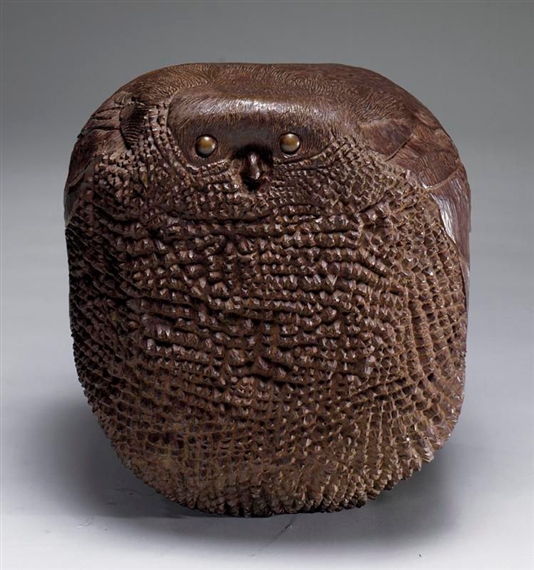
[First published on Poethead ]
It’s a poem that should remind you that Jane’s apparent emotional unguardedness might distract you from the fact that her poems are almost always crafted as well as surprising and unnerving.
I’ll end with a poem that not only hints at the wide-ranging nature of her poems, but also takes us away from the intensely personal to the ultimate cold. I have my own near obsession with the narratives of early Polar exploration, and with Scott and Titus Oates in particular. I wish I’d written this one. Jane adds the footnote: Titus was a nickname given to Captain Lawrence Oates (1880-1912).
To which I might add that Oates kept his own detailed journal in which he religiously and regularly recorded his contempt for Scott’s leadership. It tends to get edited out of the popular myth
Wilson Oates Evans Bowers Scott
.
Everything real died in front of our eyes.
Our ponies, raw with fur and numb with cold
.
wore drifts upon their backs, blurred between sky
and horizon. Our dogs thinned to their wires.
.
One by one they gave away their lives –
we would turn to see them swallowed by white
.
and push on, through pale blindness. Everything
else survived, as a sad fascination –
.
our sugar. Our butter. Our brittle bones,
un-fleshed by cruel weather, marrowed with snow.
.
Remember our hut, where enamelled cups
still swing from nails like tinny leaves? We sat,
.
cosy-smart in our yarns, penning ourselves
immortal. We left our minds and hearts, our hope
.
behind in copious notes – glass tubes eternally hoard
the ghosts of our experiments inside.
.
The table is a tundra of scrubbed wood –
a chill of dust settles a bottled world
.
of camphor flowers. The aching gripes of wind
haunt each room, mourn the unworn clothes. Our books
.
are frozen closed, while dull lamps make poor stars.
We were not the first. The footprints we left
.
soon filled afresh – this bitter place erased
each step. Remember Titus bridling up
.
the nags? His poor bitten feet. How he passed
from canvas to blizzard, vanished from sight.
.
[Shortlisted in the Wells Poetry Competition, 2019]
.
What I particularly like about this is the voice. Who’s talking to who, and how did the speaker come by the knowledge, the perspective, the hindsight? I like, very much, the precision of the two-line stanzas, the accurate economy of the images, the dogs that one by one would be shot thinned to their wires, and in the silent, frozen huts that they left behind, enamelled cups that still swing from nails like tinny leaves, and on the abandoned tables and shelves a bottled world of camphor flowers . No bricks through windows here, no ‘scattergun’.
I think that early on I used the word unfashionable. What I think seems to be fashionable at the moment is the cool, the redacted, the ‘experimental’, the minimalist, the poetry of white space. Which reminds me of Roy Fuller’s waspish squib (about The Movement, I’m fairly sure).
“You praise the firm restraint with which they write
– I’m with you there, of course:
They use the snaffle and the curb all right,
But where’s the bloody horse?”
What I like about Jane’s poetry is that the horses are often untamed, and kick down the stable doors. And there are lots of them. As there are in her painting. I didn’t mention the painting, did I? Try her Facebook page.
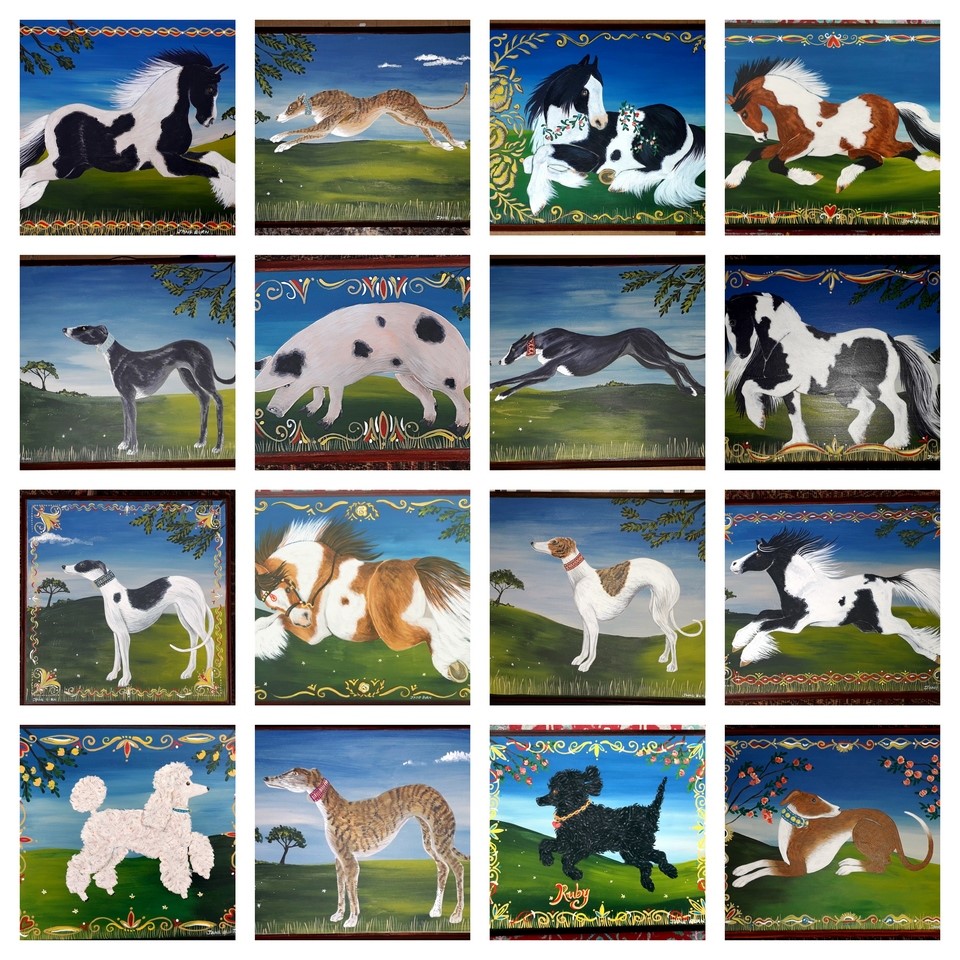
Thank you for being our guest, Jane Burn. For those who want to know more, here’s a precis of her work:
She has been a member of 52, the North East Women’s Collective, the Tees Women Poets and the Black Light Writing Group and regularly perform at many poetry nights.
Her poems have been published in many online magazines such as, Ink Sweat & Tears Antiphon, Algebra for Owls (where my poem was voted Reader’s Choice), The Blue Nib,: Journal of Art & Letters, Deepwater Literary Journal, International Times, John Foggin’s When this is all over project and the 2020 Write Where We Are Now project from Manchester Writing School.
Her magazine publications include Black Light Engine Room Magazine,Strix, Under the Radar, Bare Fiction, The Rialto ,Prole, the Oxford English Journal and the New European, and her work has featured in anthologies, including ones from Seren, Picaroon, Three Drops Press, The Emergency Poet, Poetry Box, Beautiful Dragons, Paper Swans, and The Emma Press
Amongst her many competition successes, she was nominated for the Forward Prize Best Single Poem category[2014], won 1st prize in the inaugural Northern Writes poetry competition,had four poems longlisted in the National Poetry Competition between 2014 – 2017,was awarded the first place Silver Wyvern in the open category in the Poetry on the Lake competition and 1st place in the PENfro Book Festival Poetry Competiton,
Shortlisted in the Live Canon Poetry Competition. In 2018 she had two poems nominated for The Forward Prize Best Single Poem category,and in 2020 won1st prize in the WoLF poetry competition
Pamphlets and collections :
fAt aRouNd tHe MiddLe [2015] Talking Pen
Tongues of Fire [2016] The BLER Press
nothing more to it than bubbles [2016] Indigo Dreams
This Game of Strangers (co-written with Bob Beagrie) [2017] Wyrd Harvest
One of These Dead Places [2018] Culture Matters
Fleet [2018] Wyrd Harvest
Remnants (co-written with Bob Beagrie) [2019] Knives, Forks and Spoons
Yan Tan Tether [2020] Indigo Dreams
Wow! Now that’s what I call poetry! And 400th post? Wow again! xx
LikeLike
As you say….wow!!!!! Good, innit?
LikeLiked by 1 person
Such a generous celebration of an exceptional poet. Thank you, John. Thank you Jane!
LikeLike